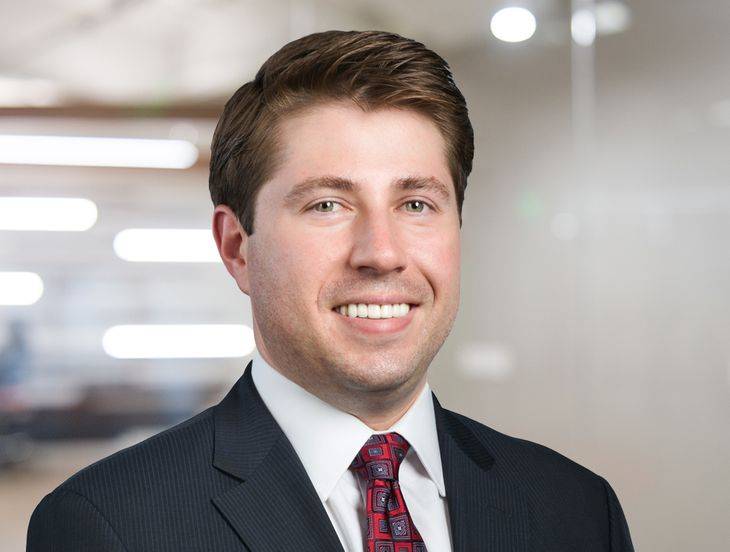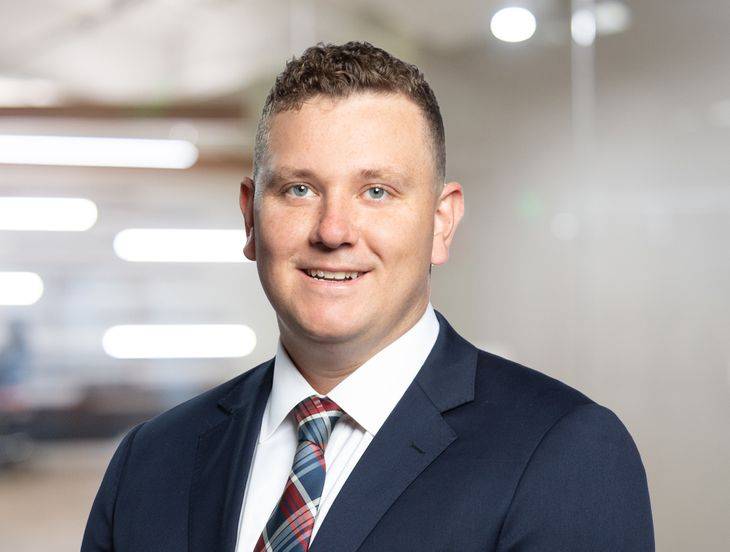Top 6 Workplace Law Proposals Raised During Governor Hochul’s 2022 New York State of State Address
Insights
1.10.22
Although New York Governor Hochul’s first State of the State address focused on efforts to emerge from the COVID-19 pandemic, she still managed to provide insight on a few key areas of labor and employment law that will affect New York employers in the coming year. Her January 5 address proposed several hot-button workplace law initiatives, but notably did not address the “gig worker” issue or announce any intention to propose a change to independent contractor classification, which was so often a focus of Governor Cuomo. Here is a review of the top six workplace law proposals floated by the governor during her address.
- Ban Non-Compete Agreements
In her address, Governor Hochul pledged to ban non-compete agreements in New York State for workers making below the median wage in the state. She also pledged to explicitly ban all “no-poach” agreements under state antitrust law.
- Increased Criminal Penalties for Employers Who Commit Wage Theft
Governor Hochul continued the state’s years-long focus on highlighting that “wage theft” is a form of theft, even if not necessarily viewed as such. The governor said she will propose legislation to increase criminal penalties for employers who knowingly or intentionally commit wage theft violations to more closely align with penalties for other forms of theft. We will be on the lookout throughout 2022 for proposed legislation and what it’s practical effects will be on employers.
- Modernize the Department of Labor
The governor spoke about how the New York State Department of Labor’s process for workers to make complaints about unpaid wages, discrimination, an employer’s failure to provide state-mandated leave, and other violations of the New York Labor Law is outdated and not easily accessible. Governor Hochul was scarce with detail, but she pledged to improve the reporting and investigative functions of the NYSDOL.
- Enhancements to Unemployment Insurance
During the COVID-19 pandemic, unemployment has been the highest it has ever been in New York, and more New Yorkers than ever before filed for unemployment insurance. Direct deposit is the preferred option for many filers, but this option requires them to have a traditional bank account. According to Governor Hochul, roughly 25% of New York households do not have traditional bank accounts, and they often rely on costly non-bank services for their finances. Governor Hochul pledged to direct the NYSDOL to open a competitive process for a bank to offer multiple banking options for New Yorkers to access their unemployment benefits.
- Create Office of the Chief Disability Officer
Governor Hochul pledged to put New York at the forefront of employing workers with disabilities. According to the address, only about one-third of working-age New Yorkers with disabilities held jobs in recent years, which puts New York 38th out of 50 states. Governor Hochul wants to make New York a national leader in this area and to do so she is creating and Office of the Chief Disability Officer (CDO). The office will address the multiple factors preventing people with disabilities from finding meaningful employment. The CDO will be charged with making specific, action-oriented recommendations such as: ensuring businesses remain committed to employing people with disabilities and have the necessary tools to do so; reducing the barriers faced by companies in hiring people with disabilities; and leveraging federal and state tax credits in this area.
- Jails to Jobs and the Clean Slate Act
According to state figure, 2.3 million New Yorkers currently have a conviction that disrupts their access to opportunities such as employment or housing. Dubbing this her “Jails to Jobs” initiative, Governor Hochul wants to ensure individuals are able to secure jobs post-incarceration.
One way Governor Hochul plans to do this is to pass the Clean Slate Act, which provides that certain felony records will be sealed after seven years and misdemeanor records will be sealed after three years following the completion of a sentence.
To be eligible for a records sealing, an individual would have to have completed their prison sentence and community supervision, not have been convicted of a sex crime, and not have since acquired subsequent convictions in New York or have pending charges during the waiting period. This comes on top of anti-discrimination provisions in the NYSHRL and NYCHRL, and the New York City Fair Chance Act, which limit the ways employers can take adverse actions against employees who have been convicted of or arrested for a crime.
Ringing in the New Year
Given what was in Governor Hochul’s address and the changes already in store for 2022, New York employers must stay on their toes. We will keep a close eye on these various initiatives throughout the year. Make sure you are subscribed to Fisher Phillips’ Insight System to get the most up-to-date information directly to your inbox. If you have questions, contact your Fisher Phillips attorney, the authors of this Insight, or any attorney in our New York City office.
Henry Thomson-Smith also contributed to the development of this Insight.
Related People
-
- Seth D. Kaufman
- Partner
-
- Henry Thomson-Smith
- Associate

